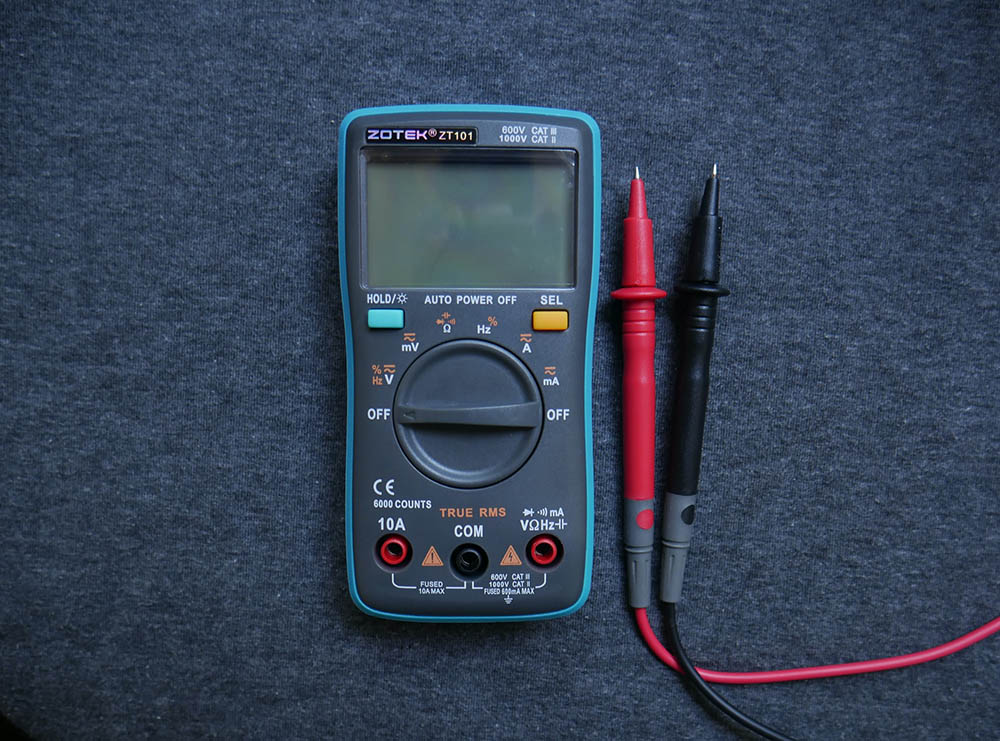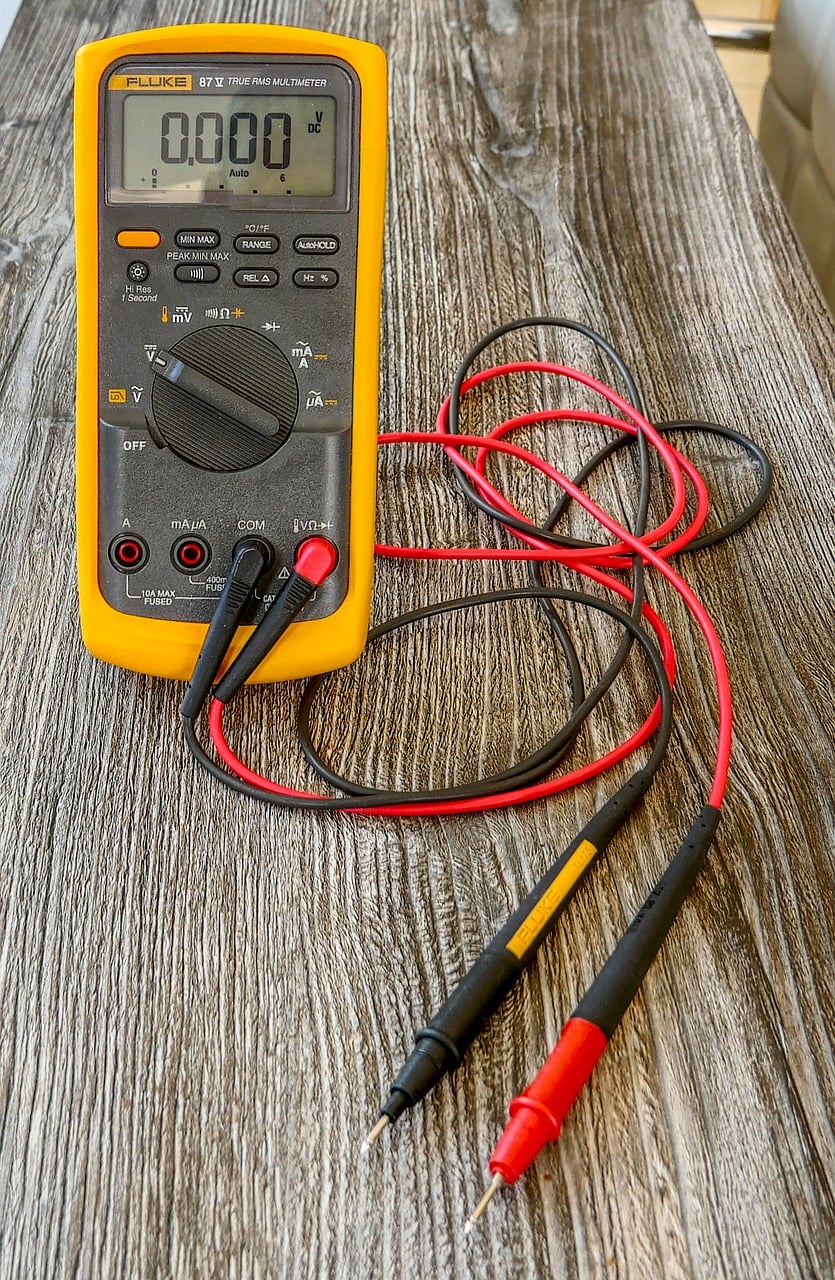Multimeter Price Guide: How Much Should You Expect to Pay?
-
Pete Ortiz
- Last updated:

A multimeter measures voltage, current, and resistance of an electrical charge. They can be used for tasks ranging from simple battery testing to more complex tests like checking extension cords, which light bulbs are still in good working order, and which switch or wire is causing the failure of an electric device.
Models range from budget models that cost as little as $10, to $1,000 professional models that are designed for tasks beyond and above the typical DIY user. The cost of a multimeter will vary greatly according to the features they offer and the skill level of the intended buyer.
The Hobbyist – $50 or Less
Unless you’re a professional electrician or a professional of any sort that requires a tricked-out device, a budget model should be adequate for your purpose. These can run from around $10 to $100, but there’s no real reason to spend more than $50. At this price, you can choose a device with an analog dial or a digital display.
The really cheap $10 models are not built to last. They are liable to break and to cease working after minimal use. They represent a false economy because you will have to buy another one in no time. Dials and digital displays may not be properly calibrated, either, which means that you may not be able to rely fully on the measurements that you see.
You should consider safety, as well as longevity. Some models, typically those that are available for single figures, have been reported to have exploded and caught fire. These devices have no automatic cutoffs, which means that forgetting to change from Amps to Volts can cause a dangerous surge.
For around $50 you can have your choice of analog or digital display and ensure that you buy a model from a reputable manufacturer with a good safety record. These devices use different ports for measuring Amps and Volts, which mitigates the risk of surging.

Keen Amateur – $100 to $300
In this price range, the majority of the devices you will see have a digital display. They also have good quality probes and may include additional sets of probes. The keen amateur will also enjoy carry cases and additional accessories to further sweeten the deal.
Screens are backlit, which means that you can view the readings even in low lit areas, and you should be able to measure a wider range of currents. For example, while some inexpensive models can only measure 50mA or above, an LED light consumes only 20mA. For $100 or more, you will find devices that can measure these low levels, which makes them suitable for keen electronics engineers.
High End Models – $300 to $500
By the time your budget stretches to $300 or more, you are looking at bench multimeters. These have most of the same features as the previous models, but they offer yet more range in Amps and Volt measurements. They may include both analog and digital displays. At this end of the scale, you will also find multimeters that have been designed for specific jobs and applications. For example, electricians’ multimeters and HVAC engineer models. Features include contactless voltage measurement and these high-cost, heavily featured models, not only offer more features but they are safer and provide greater safety features when compared to less expensive models.
Multimeter Price Guide
Multimeters are used to measure electric current, and models can range from those that cost less than $10 to highly advanced and feature-packed, specialist models that cost upward of $500 and are far more complex than the average user will require. The sweet spot for this type of device is around $50, which is enough to buy a safe and reputable multimeter that will measure a decent spectrum of currents.
Featured Image Credit: Nekhil R, Unsplash
Contents



